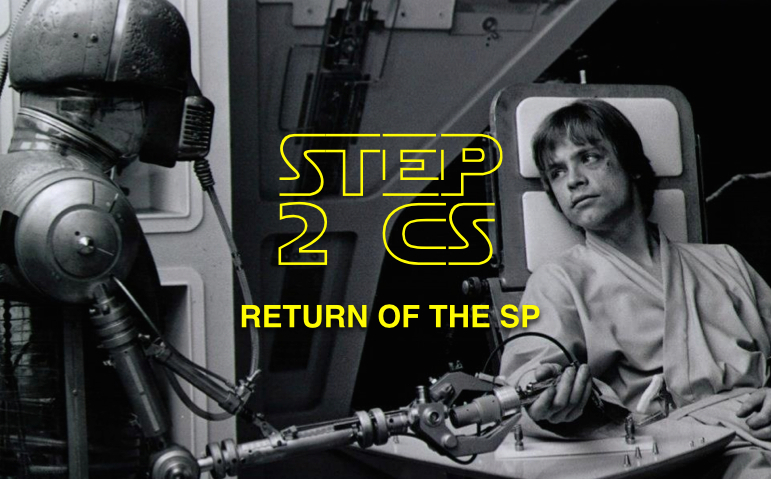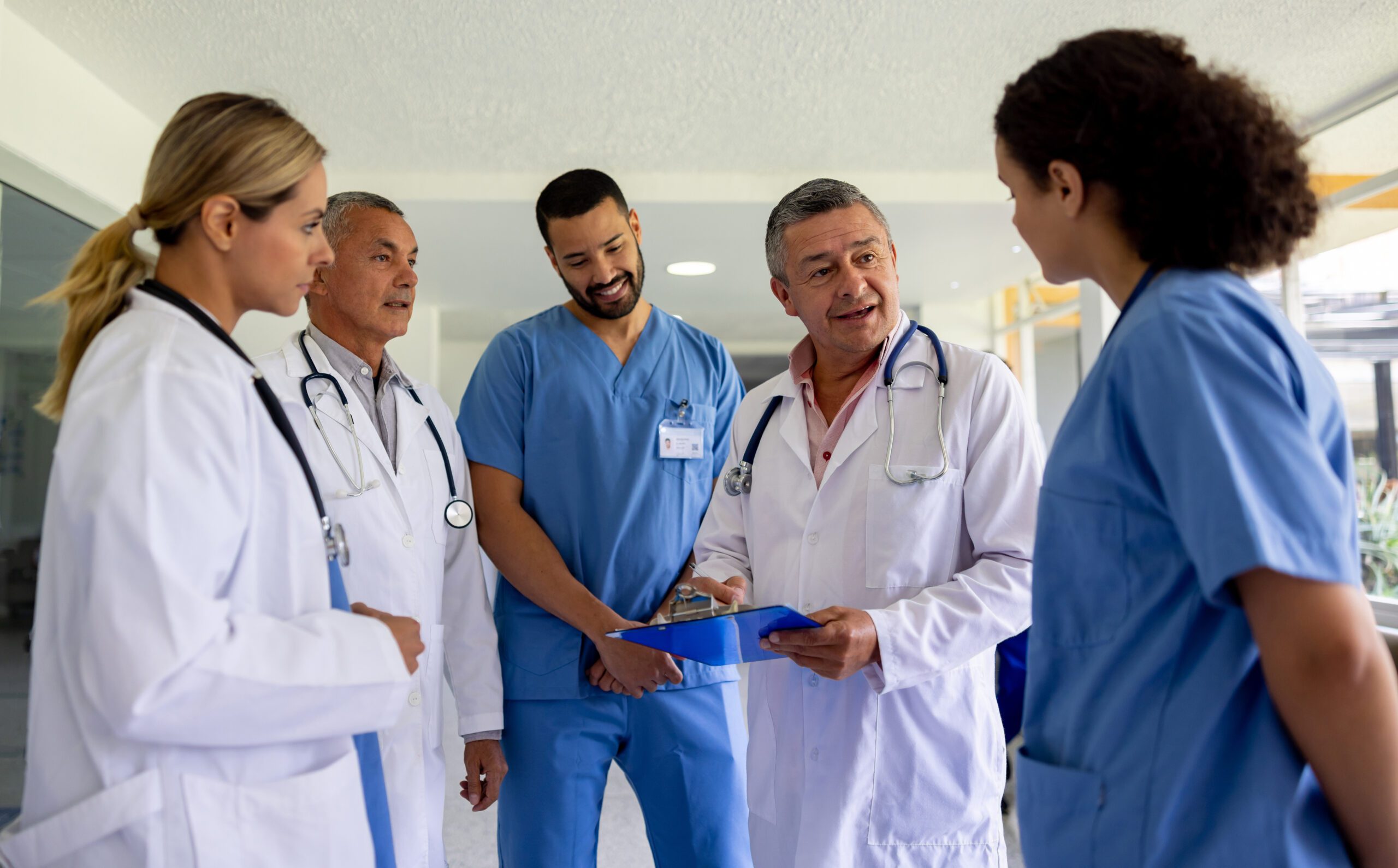Every year, thousands of medical students take the Clinical Skills (CS) portion of the USMLE Step 2 examination series, which is a pass/fail exam. Unfortunately, for international and foreign medical graduates (IMGs & FMGs) desiring a residency position in the United States, language barriers and differences in medical school curricula are some of the factors that play into lower pass rates on this exam.
In fact, as per the ECFMG© Examinee Performance for IMGs report, only 72% of international med students/graduates taking the USMLE Step 2 CS pass.
But what’s the big deal? The truth is that Step 2 CS is just like any other exam within the USMLE family: it counts for residency applications, and while it just takes smart preparation to successfully pass it, it is also relatively simple to fail it. Let’s dive into some of the things you can do to set yourself up for success on CS as an international med student/graduate. First things first:
The Format of USMLE Step 2 CS
Unlike Step 1 and Step 2 CK of the USMLE, Step 2 CS is not a multiple choice exam but rather an in-person, interactive exam that tests you on your Clinical Skills in addition to your medical knowledge. Step 2 CS uses Standardized Patients to:
- test medical students and graduates on their ability to be patient-centered
- address the diagnostic challenges posed
- prepare the patient for next steps
- document the encounter appropriately
Test day is 8 hours long with a 30 min lunch. There are 12 Standardized Patient Encounters in total (which include time for the clinical encounter itself and completing the patient note). All clinical clerkship topics may be represented in these encounters (such as Family Medicine, Internal Medicine, Emergency Medicine, Pediatrics, OB/GYN, Surgery and Psychiatry). Note: Pediatric encounters will be with the “parent” in person or on the phone (no physical exam), and there are no gynecological, rectal, or breast exams.
How Step 2 CS is Scored
10 out of your 12 patient encounters are scored by the Standardized Patient (SP) and a physician. The SPs fill out a checklist for each encounter, covering the history, physical, and communication skills. A physician will evaluate your patient note.
The overall score incorporates 1) the Integrated Clinical Encounter (ICE), 2) Communication and Interpersonal Skills (CIS), and 3) Spoken English Proficiency (SEP).
During the ICE component, the SP is looking for how you gathered the data: did you use the appropriate physical exam techniques, did you ask the questions and perform the procedures on their list. The physician looks at how you’re interpreting the data: is it organized, differential diagnoses, did you propose testing modalities.
Your CIS component is evaluated by the SP. They look at your ability to adapt and react to the patients’ concerns, how well you conduct a “patient-centered interview,” how you foster a relationship with the patient, support their emotions, gather and provide information, and help them make decisions.
SPs also assess your SEP performance during the clinical encounter. They rate the clarity and overall comprehension of your communication. For example, how is your pronunciation? Do they easily understand you, or does it require some effort and repeated phrases? If English isn’t your first language, but your proficiency level is strong, most IMGs improve substantially in this area with regular practice.
When/Where to Take Step 2 CS
The exam itself is offered at Clinical Skills Evaluation Collaboration (CESC) centers around the United States on specific dates when this exam is offered throughout the year. These centers are in Atlanta, GA; Chicago, IL; Houston, TX; Los Angeles, CA; and Philadelphia, PA.
Scheduling these exams can take some time, and is often one of the biggest frustrations of many of our students. Our advice to you is to schedule your CS exam as soon as the ECFMG clears you to do so.
Challenges IMGs Face on Step 2 CS
As we mentioned above, communication is a huge part of this exam because you are face to face with your patient and it’s critical that you and your patients understand each other. If you feel that your English proficiency is not ideal, start working on your language skills for clinical settings right away.
A common mistake med students (international and US!) make is not giving this exam the respect it requires, and often assume they’re ready with very little preparation. Each time you take the exams, it costs $1,200 plus all the travel you need to arrange. Don’t make the mistake of rushing into taking Step 2 CS unless you’ve taken time to properly prepare. (We’ve covered more in-depth Step 2 CS preparation & resources here and here. )
What’s more, even if you attended an excellent international program, there are likely to be small to significant differences in how you were trained from how U.S. medical schools train their med students. The good news, though, is that this exam can be taught/learned, and you can absolutely set yourself up for success if you know what the exam is testing you on/what the scorers are looking for.
If you’ve done the work and you still feel you’re on shaky ground, get in touch: Our team of seasoned Step 2 CS tutors are here to help you be fully prepared to take Step 2 CS.
Now, find a reliable study partner and get a copy of First Aid’s Step 2 CS book and be sure to study smart for this exam. You will be amazed at just what a difference a couple of weeks and a few hours a day with a good friend can do when it comes time to knocking on the door of your first Step 2 CS clinical encounter. Best of luck!
Sources:
1) ECFMG© Examinee Performance for International Medical Students/Graduates Taking USMLE Step 1 and Step 2 (CK and CS).
2) Step 2 Clinical Skills Content Description and General Information by the Federation of State Medical Boards of the United States, Inc., and the National Board of Medical Examiners® (NBME®)





